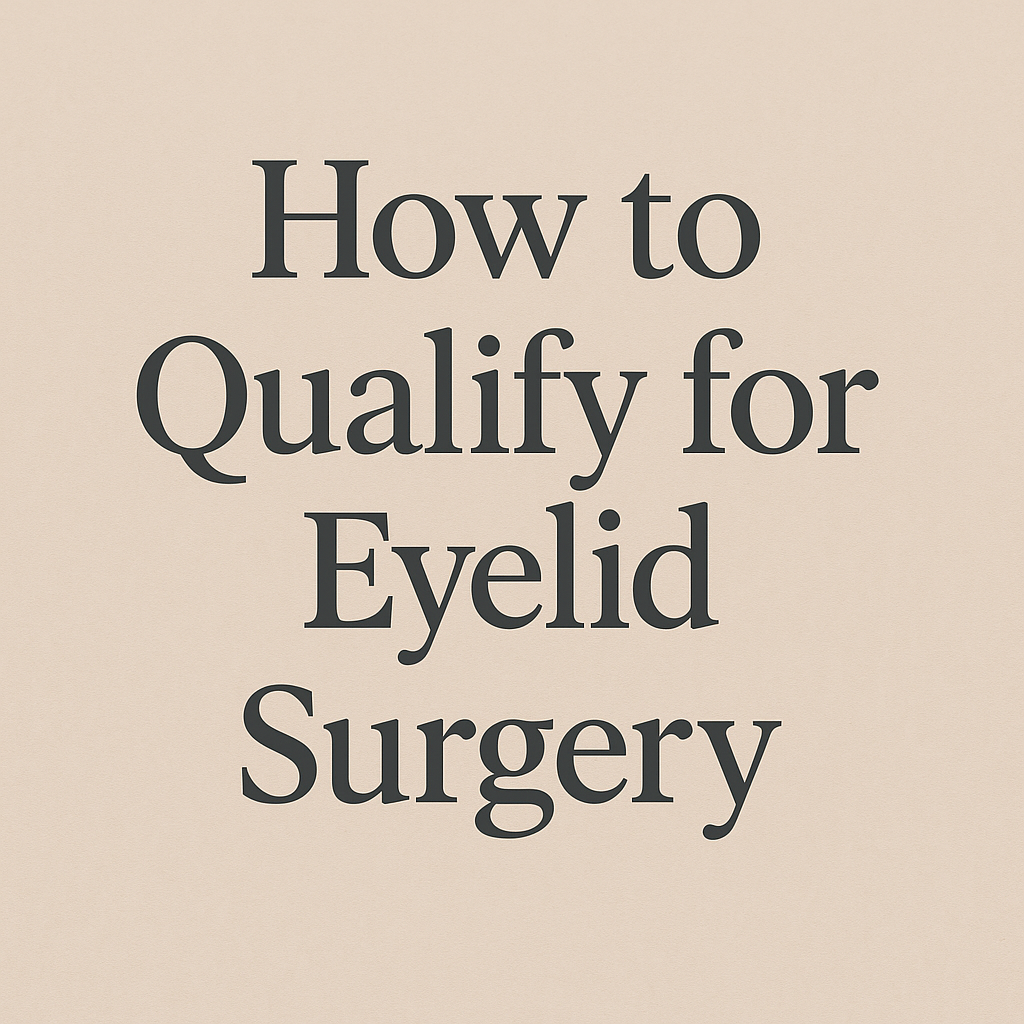Blepharoplasty refers to a surgical procedure that enhances the attractiveness of eyelids through elimination of hanging skin or unwanted fat that can have a worn out look. Though it is not a very risky practice, it is necessary to consult an ophthalmologist who is board certified to discuss risks and advantages of this procedure. If you need more interested info like that visit quick guider.
Some conditions like eyelid ptosis due to stretched eyelid muscles upper may necessitate a different surgical procedure. A detailed examination by a plastic surgeon will assist in identifying the best procedure that will suit one facial anatomy.
Who is a good candidate for blepharoplasty (eyelid surgery)?
Ideal blepharoplasty surgery candidates are normally individuals aged 30 or more years old.
How should I prepare for eyelid surgery?
Your ophthalmologist or oculoplastic surgeon may suggest a medical exam or lab tests prior to blepharoplasty, stopping smoking, and either adjusting or discontinuing some medications. You will also have to quit using any anti-inflammatory medications, aspirin, blood thinners, multi-vitamins and herbal supplements as the latter can heighten your risk.
Eyelid surgery
Blepharoplasty or eyelid surgery can remove excess skin, fat or muscle on the eyelids to enhance the appearance of hooded or drooping eyelids and bagging around the eyes. It may be done on the eyelids (upper and/or lower) and can be helpful in correcting visual issues symptoms due to eyelid protrusion.
It is necessary to consider costs, risks and uncertainties that results may not be guaranteed, and also consult a GP; to rule out underlying medical conditions before making a decision to undergo the surgery. The usual outcome involves a temporary swelling and bruising and benefits of reduced vision, appearance and self-esteem.
What to do if you have problems
Cosmetic surgery may go wrong in some instances and when that occurs, a patient is obliged to call the clinic at once, particularly when one undergoes extreme pain or abnormal symptoms. You may not be happy with the outcome or feel the surgery was inappropriately performed; you can raise the issue to the surgeon and where necessary, report to the CQC or to the GMC.
The Royal College of Surgeons provides information about the action to take when cosmetic surgery omits faults. It is also encouraging to accept the problem, identify it, research the available solutions, make decisions, and seek support and care of self all along the way.
How to Prepare and Qualify for Eyelid Surgery: Your Complete Guide
You might already have observed aging factors around your eyes that seem to make you look older or exhausted, which is why you will consider cosmetic alternatives such as eyelid surgery (blepharoplasty). You will have to meet a qualified surgery and your eyelids and expectations have to be examined physically as well as the review of your medical history.
It involves, among others, smoking cessation, medication adjustments and post-op care arrangements. Other qualifying aspects are being in a good health, or having realistic expectations and having an awareness on the costs of the procedure as well as the results that expected of the procedure.
Who Can Benefit from Blepharoplasty?
Determining whether or not you are a candidate of eyelid surgery depends on health considerations as well as the motif behind the procedure. Some patients undergo blepharoplasty surgery to address aesthetic concerns of sagging eyelids or eye bags, but others have a medical problem, such as blindness in one eye caused by excess eyelid skin.
The procedure will not only enhance the cosmetic look, but also vision, and self-confidence in people whose eyelids have started to sag, vision is blurred and those who lack self-confidence. Patients must be healthy in general, have expectations that are on point, and must discuss the matter with a competent surgeon to achieve the maximum results.
Conclusion
Blepharoplasty is a potentially very successful surgery, in people trying to enhance the look and performance of their eyelids, either out of cosmetic reasons or medical demands, such as the loss of vision. It is important to properly prepare, which would involve medical tests as well as necessary lifestyle changes to make the process safe and yield the best results. If you need info related How to see who shared your Instagram post.
Although the surgery is relatively safe, one should be aware of possible risks and consult specialists to decide whether he/she is a good candidate. In case you experience certain problems after the surgery, timely medical care and assistance can help eliminate the problems and cope with any complications.
FAQS
What do I say to qualify for eyelid surgery?
To qualify for eyelid surgery, you need to explain your concerns about drooping eyelids, eye bags, or vision problems. You should also discuss any health issues and your expectations for the surgery with your surgeon.
How to get approved for upper eyelid surgery?
To get approved for upper eyelid surgery, your surgeon will assess your eyelid condition, health, and reasons for surgery. You may need to pass a health evaluation and follow certain steps like quitting smoking before the surgery.
Who is not a candidate for eyelid surgery?
People who have serious eye conditions, active infections, or poor overall health may not be good candidates for eyelid surgery. Those who smoke or have unrealistic expectations may also not be suitable.
What are the restrictions for eyelid surgery?
After eyelid surgery, you should avoid heavy lifting, bending over, and strenuous activities for a few weeks. You will also need to follow specific instructions on taking medications and caring for your eyes during recovery.
